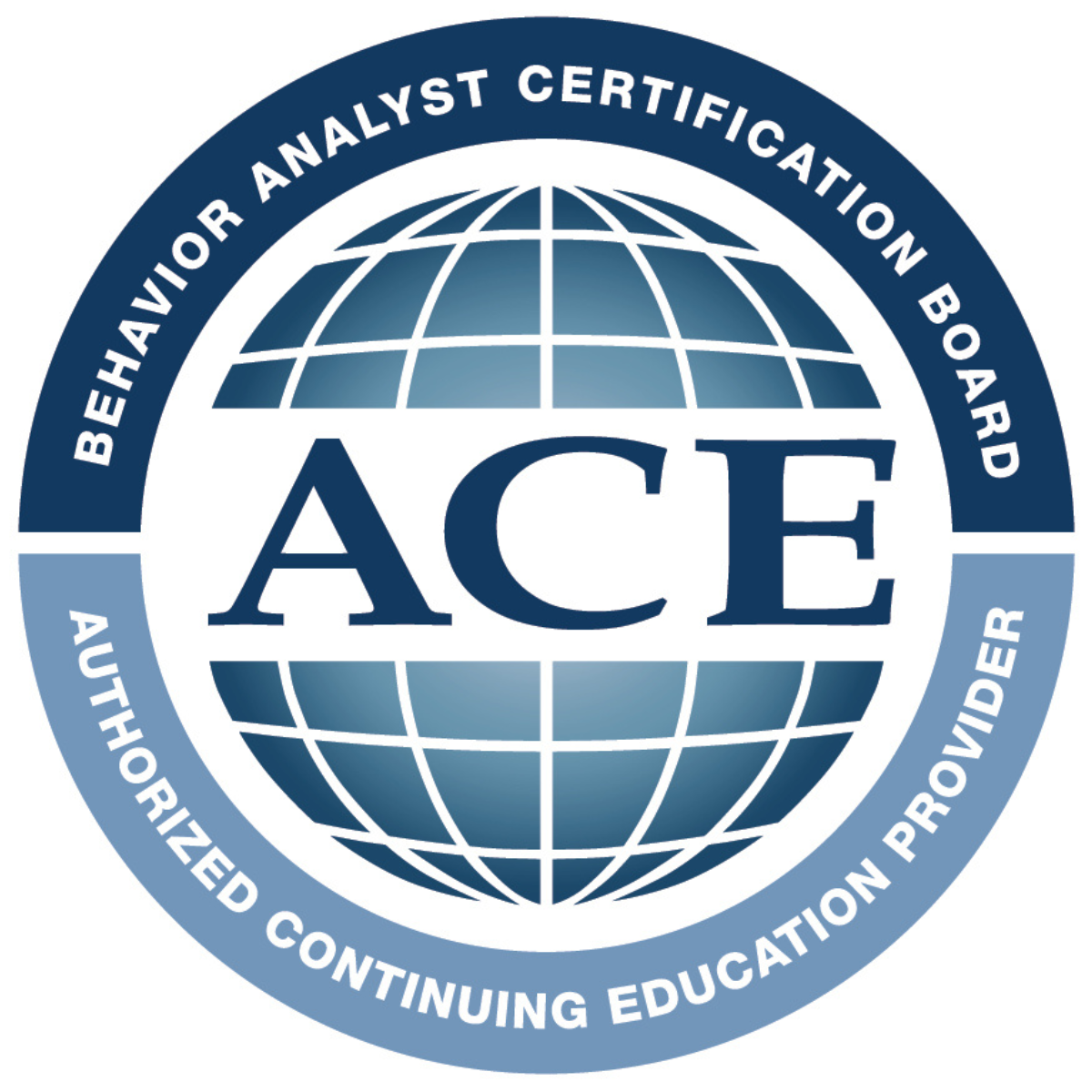Interpreting Medical Necessity & Symptom Severity: Conceptualizing Socially Valid Progress & Treatment Dosage Alignment
Hosted on Zoom
Event Details
Abstract
In the field of evaluation and diagnostics, there is currently no objective guide or decision-making tool that incorporates the DSM-5 available for a clinician to determine the diagnostic severity of Autism Spectrum Disorder (ASD) (i.e., levels 1, 2, 3) across raters. Similarly, in the field of ABA, there is no wide-scale industry standard for practitioners when recommending a treatment dosage for ABA therapy; treatment dosages are typically informed by a summation of subjective and objective assessments of the recipients of the ABA services with the ultimate determination being the clinical opinion of the practitioner. This lack of standardization across both diagnostics and treatment is a significant practice gap across both fields and leads to flawed diagnoses and medically necessary dosage recommendations.
The presenters will discuss the definition of medical necessity in relation to insurance funders, industry guidelines, and the severity of diagnostic symptoms, particularly ASD, while drawing parallels to the broader healthcare industry. Content of the presentation will discuss the need for progress monitoring throughout a recipient’s time in ABA services and how that relates to treatment dosages. The presenters will also review preliminary data associated with these topics.
Learning Objectives
- Participants should be able to describe medical necessity in the fields of diagnostics and treatment, particularly in relation to Autism Spectrum Disorder (ASD) and Applied Behavior Analysis (ABA) therapy.
- Participants should be able to explain the importance of ASD symptom severity over time and appropriate progress monitoring during therapeutic intervention.

This webinar offers 1.0 BACB Learning CEU.
Cost
- CASP Members - free
- non-members - $20
Presenters
|
|

 Allison Brazendale, PsyD
Allison Brazendale, PsyD Nicole McMillan, PhD, BCBA-D
Nicole McMillan, PhD, BCBA-D
